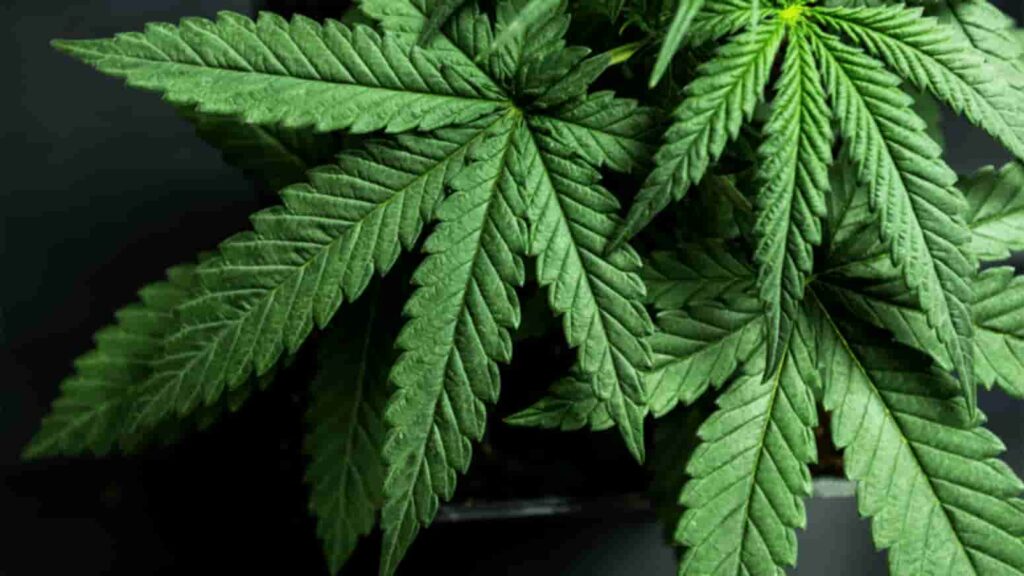In the world of cannabis, acronyms like THC and THC-A are thrown around like confetti at a celebration. But what do these terms really mean, and why should you care? As an experienced cannabis doctor, I’m here to shed light on the difference between THC and THC-A, demystifying the cannabis maze for you.
THC: The Rockstar of Cannabis
Let’s start with the rockstar of the cannabis world: THC, or tetrahydrocannabinol. This compound is the reason why people consume cannabis recreationally. It’s the James Brown of the plant – the one that gets you feeling good. THC is psychoactive, meaning it interacts with your brain and alters your perception, mood, and consciousness.
When you light up a joint or indulge in an edible, THC is the chemical responsible for that euphoric high. It achieves this by binding to cannabinoid receptors in your brain, specifically the CB1 receptors. This interaction triggers a cascade of events that result in the classic cannabis experience.
THC-A: The Underappreciated Sibling
Now, let’s talk about THC-A, or tetrahydrocannabinolic acid. It’s like the shy sibling in the cannabis family, often overshadowed by its more famous brother, THC. Unlike THC, THC-A is not psychoactive. In fact, when you consume raw cannabis, you’re mainly getting THC-A because it hasn’t been exposed to heat – the process of decarboxylation, where THC-A converts to THC.
But don’t dismiss THC-A just yet. It may not get you high, but it brings its own set of benefits to the table. Many consider THC-A to have anti-inflammatory and neuroprotective properties, making it a potentially valuable addition to the medicinal cannabis toolkit. It doesn’t bind to CB1 receptors like THC, but it interacts with other receptors in the body, influencing various physiological processes.
Decarboxylation: Turning THC-A into THC
The key to unlocking THC’s psychoactive potential lies in decarboxylation. This mouthful of a term simply means applying heat to cannabis. Whether you’re smoking, vaping, or baking edibles, decarboxylation is the alchemical process that transforms THC-A into THC.
Picture it like this: THC-A is the raw dough, and decarboxylation is the baking process that turns it into delicious, mind-altering cookies. Without decarboxylation, you’d be left with the potential for euphoria locked away in the uncooked dough.
Why Choose THC or THC-A?
Now that we understand the basic differences between THC and THC-A, the question arises: why choose one over the other? It all comes down to your goals and preferences.
If you’re seeking that classic cannabis high, then THC is your go-to. On the other hand, if you’re after the potential therapeutic benefits without the euphoria, THC-A might be more suitable. Some users even opt for a combination of both, leveraging the entourage effect – the idea that various cannabis compounds work synergistically, enhancing each other’s effects.
Tailoring Cannabis to Your Needs
As a cannabis doctor, my goal is to help patients find the right balance for their specific needs. Whether it’s managing chronic pain, alleviating anxiety, or simply enjoying a recreational experience, understanding the nuances between THC and THC-A empowers individuals to make informed choices.
It’s essential to note that cannabis affects everyone differently, and what works for one person may not work for another. This is where personalized guidance becomes crucial. Consult with a knowledgeable healthcare professional or a cannabis specialist to navigate the landscape and tailor your cannabis experience to meet your unique requirements.
Conclusion: Navigating the Cannabis Spectrum
In the vast spectrum of cannabis compounds, THC and THC-A stand out as distinctive players with their own set of characteristics. THC takes center stage, delivering the quintessential cannabis high, while THC-A, its less-acknowledged sibling, offers potential therapeutic benefits without the psychoactive punch.
As we continue to explore the fascinating world of cannabis, understanding the nuances between these compounds allows individuals to make informed choices. Whether you’re a seasoned cannabis enthusiast or a newcomer to the scene, unlocking the secrets of THC and THC-A can enhance your cannabis journey and contribute to a more tailored and fulfilling experience.

Dr. Nicholas Marsh has been a respected board-certified anesthesiologist in Northern Virginia for over 35 years. Recognized as a top doctor by FindaTopDoc.com, his vision for providing top-quality medical services is driven by his passion for patient comfort and dignity.

